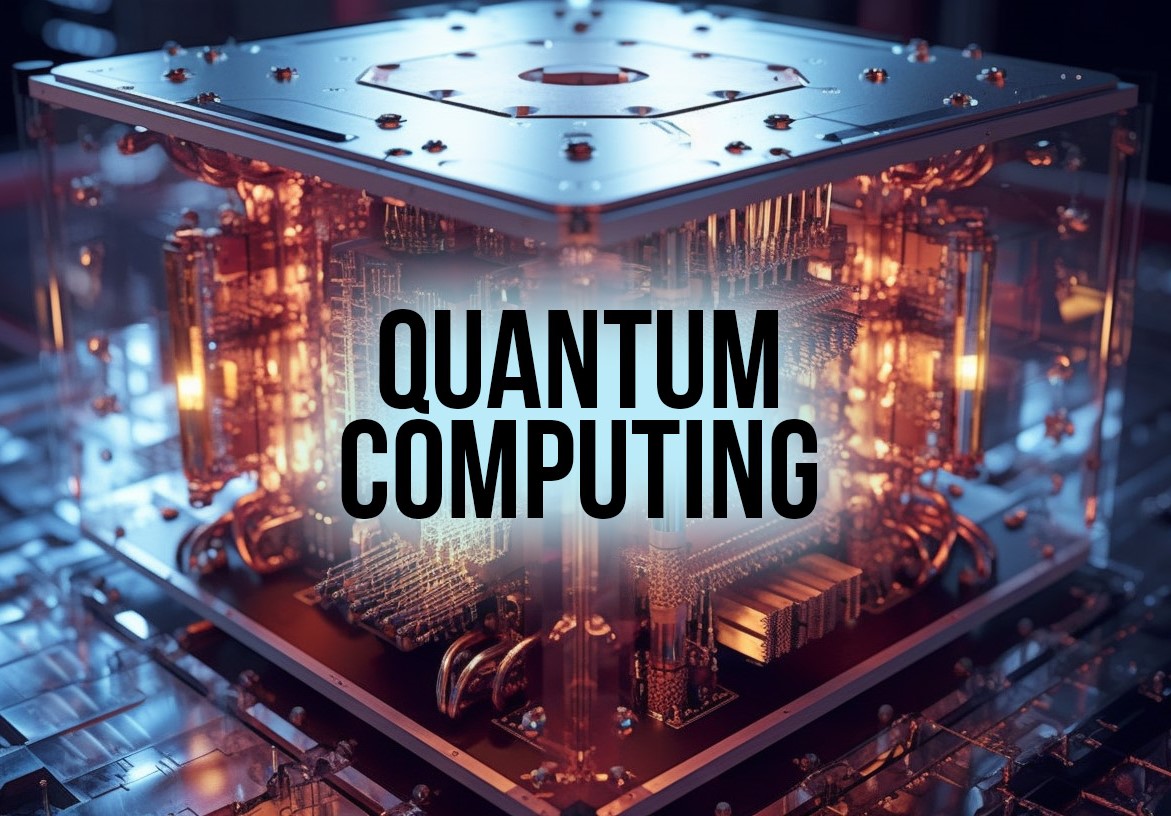Nvidia advances Quantum computing as Quantum annealing systems could impact the finance and blockchain industries in a major way.
Nvidia researchers assert they have made significant progress in pursuing a functional, commercially viable quantum computer. This progress is based on supercomputer simulations using graphical processing units (GPUs).
Even though there has been consistent progress in the development of a practical quantum computer over the past few decades, physicists still need to be divided on the optimal course of action for its ultimate realization.
Quantum
Quantum computers operate differently than their classical counterparts. The computations performed by the computers we use daily, including the one on which you are currently perusing this article, are executed using binary switches.
However, their quantum counterparts utilize qubits to perform computations that are significantly more intricate than those that can be achieved with only ones and zeros, thereby exploiting the inherent properties of physics.
There are many schools of thought regarding the precise method of constructing a quantum computer, all of which necessitate the development of costly infrastructure, groundbreaking research into theoretical math and physics concepts, and the application of frontier engineering.
Quantum annealing and quantum gating are the two most prevalent methodologies currently being investigated. The prospective capabilities of the two are starkly different.
Nvidia is currently in the process of developing a quantum annealing system. It is in a distinctive position to pursue quantum computing research through supercomputer simulations due to its extensive experience with GPUs in both the gaming and artificial intelligence sectors.
Supercomputers vs superclusters
The behavior of a quantum annealing system was simulated by Nvidia researchers, who utilized hundreds of thousands of GPUs in multiple clusters, as per the recently published research paper.
Typically, these simulations are conducted on supercomputers with CPU clusters or similar architectures. However, Nvidia’s GPUs are a potent alternative due to their pioneering nature.
The team employed these GPU-based quantum simulations to resolve an exceptional issue encountered in annealing systems. The magnetic particles used in quantum computing would “abruptly change their behavior,” as described in the Nvidia research.
The team was able to develop a proposed solution that involves the manipulation of magnetic fields through simulations. This could bring full-service quantum annealers one step closer to the market once it is implemented.
Applications going forward
Quantum annealing systems are a unique type of quantum computer that is being developed to address particular issues. Unlike gate-based quantum computers, they are not designed to perform general duties.
They are likely to address outstanding optimization challenges. Quantum sensing, transportation, shipping and logistics, energy, finance, and blockchain are the industries that are most likely to be impacted by quantum annealing systems.
For instance, scientists anticipate that quantum computing systems could enhance forecasting accuracy, portfolio management, and diversification in the financial sector.



